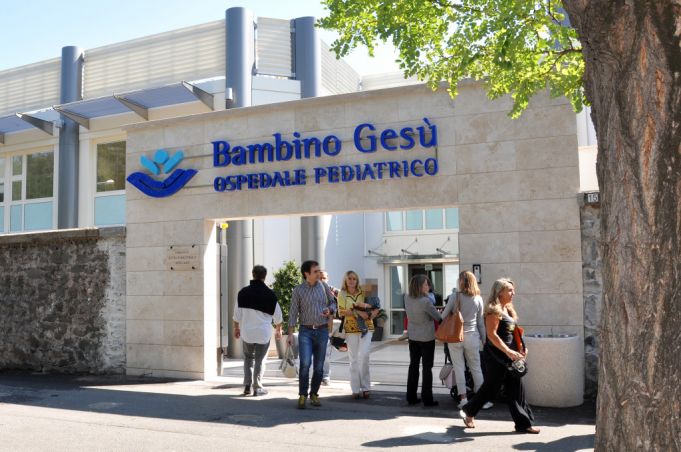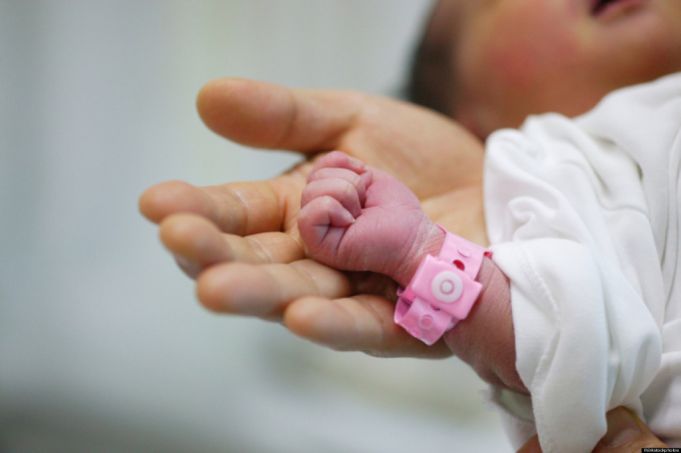Life is filled with joys and sorrows, the happiness of a birth and the deep sadness on the death of a loved one. The last thing one needs on these occasions is to be bogged down by bureaucracy. We hope that the following guide to civil registrations in Italy will assist in navigating your way around these circumstances.
Studio Legale Annino
BIRTHS
In the event of a birth in Italy, no matter if the parents are citizens or non-citizens, all registrations take place first with the local civil authority. The hospital or clinic where the child is born will issue a certificate of assistance in birthing (certificato d’assistenza al parto) and will inform the city hall of the birth within three days of the event.
The parents have 10 days from the time of the birth to complete the dichiarazione di nascita (declaration of birth) and register the name of the child at the ufficio dell’anagrafe (registry office). This may be carried out by one or both of the parents. The documents required are the certificato d’assistenza al parto issued by the hospital and the identity documents of the parent/s and where applicable permesso di soggiorno residence permits. In Italy children may be given up to a limit of three first names.
Parents wishing to register their child’s birth in their country of origin should request an estratto per riassunto dell’atto di nascita con generalità completa full birth certificate from the comune where the child is registered. If available, request the modello plurilingue, a certificate in multiple languages which will save you having the certificate translated into English. Then contact your country's consulate in Italy to make an appointment to apply for a consular report of birth abroad, which is equivalent to a birth certificate from your country of origin. Although consular rulings do differ, most countries will not register a birth in a foreign country after the child reaches his or her 18th birthday.
DEATHS
On a more sombre note, even death has its bureaucracy. In the event of death in Italy, whether one is on holiday or resident here, the process to be followed is the same.
Under Italian law 24 hours must pass from the time of death before the remains may be transported from the place of death for preparation for burial or shipment. In Italy, ambulances will not transport persons who are already deceased. In the case of road accidents ambulance staff will only load patients if they have vital signs and there is a chance of reanimation otherwise the police will contact the local mortuary services who will remove the body for an autopsy before being passed on to the private funeral services.
The process to follow is to phone your allocated family doctor (medico di famiglia) or the guardia medica to certify the death and then to report it to the local ASL (local health authority) who will send a second doctor to confirm it.
If the person has not been under the care of the family doctor for an illness or does not die in hospital, an autopsy may be necessary. You will require the services of a funeral agency for the removal of the body and any further permits of transportation as well as the registration of death with the comune and the issuing of the final death certificate.
If you wish to transport the deceased back to the family’s country of origin it is advisable to look on your consulate's website for funeral agents in Italy that service your country. After the initial 24 hours have passed local burials can be arranged within 48 hours, however generally it takes four to seven days to arrange shipment outside Italy. If the family wishes to bury the deceased in Italy it is worth knowing that burials take place in cemeteries belonging to the comune.
Burials and cremations
The payment for a burial site is a concessioni cimeteriali (contract of use) for a limited period of time, not for ownership of the plot. The period of the concession varies but they normally last 40 to 60 years and are renewable subject to payment. Some comuni offer perpetual contracts valid for 99 years for extra payment. After the expiry date families often opt to move the remains into smaller, less costly nicchia (niche) or have them cremated. Exhumation for transfer to another cemetery or country is permitted any time after a burial but only in the winter months – October until April – and under the supervision of the local health officer.
A special authorisation is required for cremation in Italy. Most consulates will issue the necessary statement if there is evidence in a will or testament that the deceased wished to be cremated after death, or in the absence of such evidence a request from the deceased’s next of kin. Joining a cremation association is also deemed evidence of that wish.
This authorisation can also be obtained from the local comune by the spouse or other family members of the first degree (under article 74 of the Italian civil code) if the deceased was resident in Italy. The authorisation is submitted to the funeral agency, which makes all the necessary arrangements. It is however not uncommon to have to wait several weeks for the ashes from the crematorium.
All consular representatives in Italy can help in processing the consular report of death abroad, which is equivalent to a death certificate issued in your home country. Families returning to their country of origin after the death of a loved one may delegate an Italian law firm to carry out the succession of any assets in Italy on their behalf.
This article was published in the April 2014 edition of Wanted in Rome magazine.





















